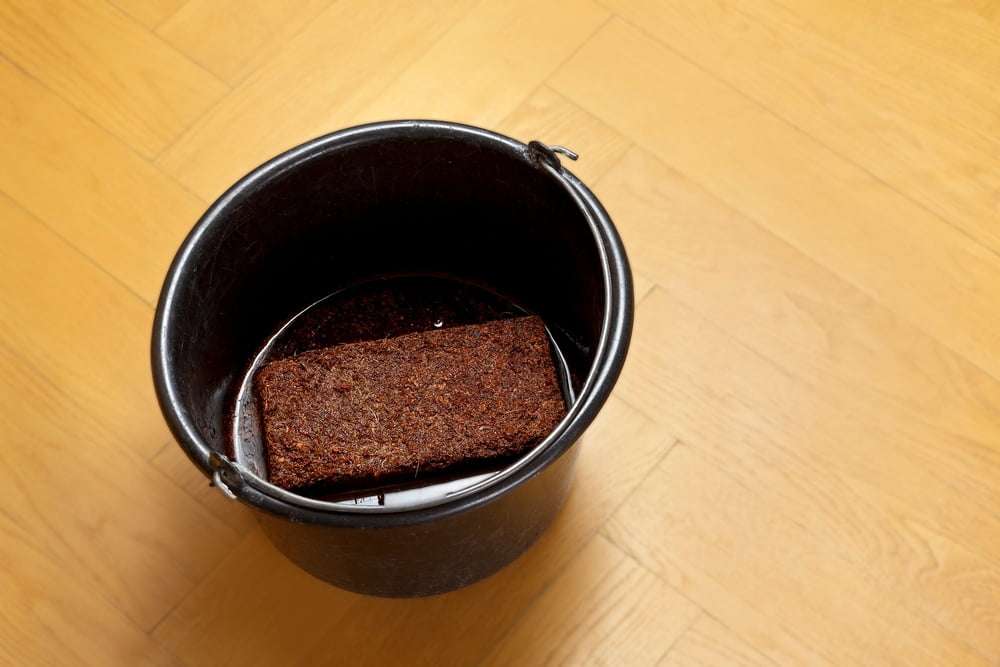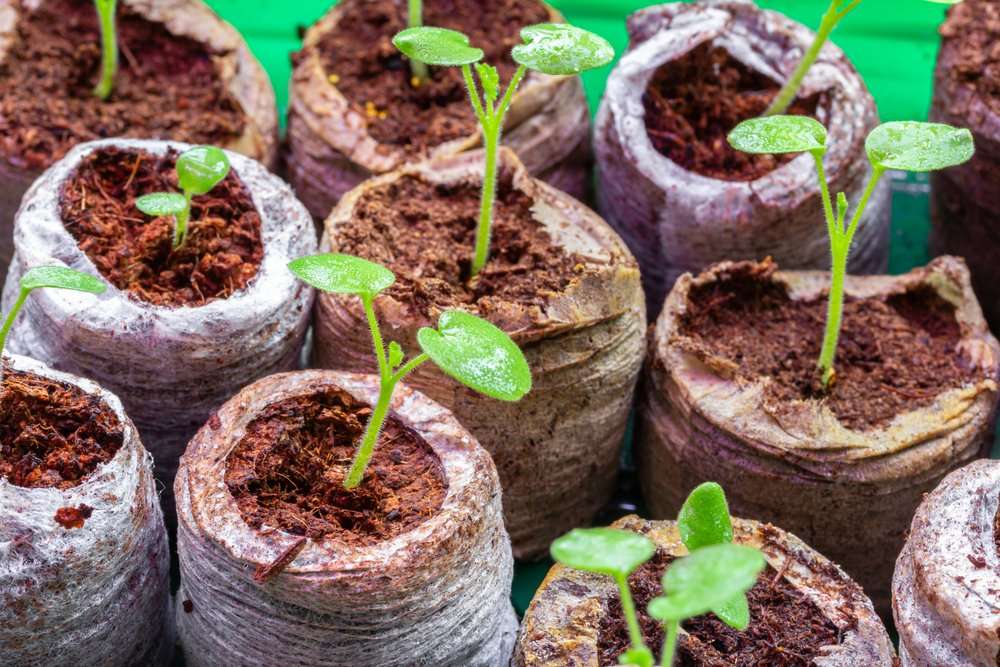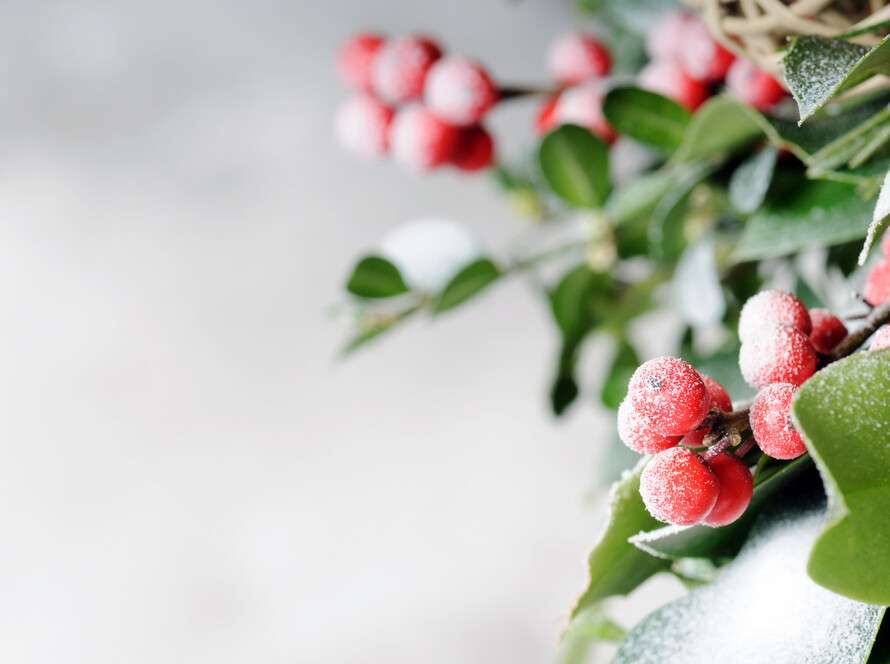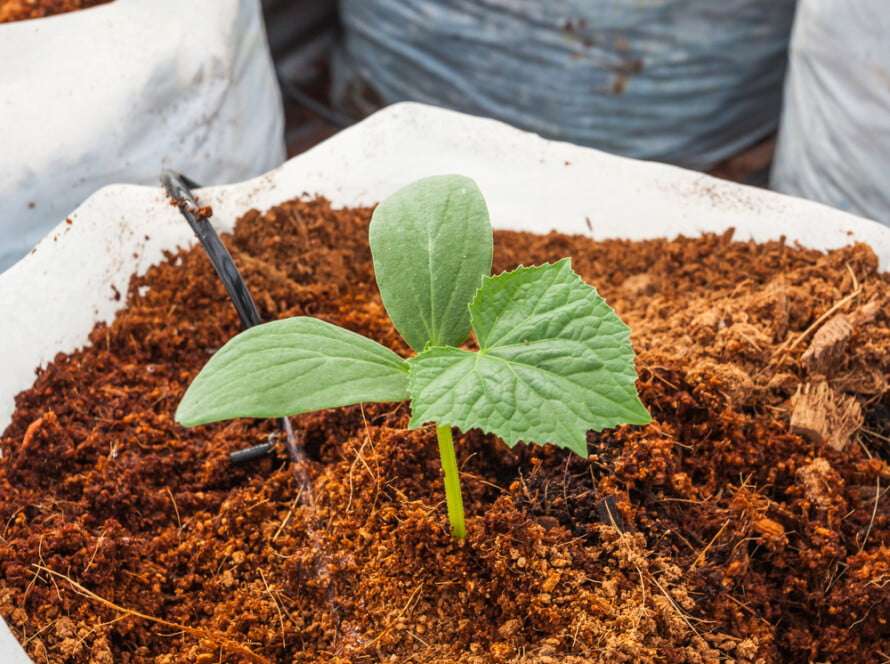Types of Plants That Grow Well in Coconut Coir
Coconut coir, a versatile growing medium, supports a diverse range of plants due to its excellent water retention, aeration, and nutrient-holding capabilities. Here are some types of plants that thrive when grown in coconut coir:
Vegetables:
- Tomatoes: Known for their deep root systems, tomatoes benefit from coconut coir’s ability to retain moisture while providing adequate aeration.
- Cucumbers: These vining plants appreciate the consistent moisture levels and nutrient availability provided by coconut coir.
- Peppers: Peppers thrive in coconut coir due to its balanced moisture retention and drainage properties
Fruits:
- Strawberries: These delicate fruits flourish in coconut coir, which offers the ideal balance of moisture and aeration for their shallow root systems.
- Blueberries: Acid-loving blueberries thrive in the slightly acidic environment created by coconut coir, promoting healthy growth.
- Raspberries: Raspberries benefit from the well-draining nature of coconut coir, preventing waterlogged conditions that can harm their roots.

Flowers:
Marigolds: These vibrant flowers appreciate the nutrient-rich environment provided by coconut coir, promoting robust growth and blooming.
Petunias: Petunias thrive in coconut coir due to its ability to retain moisture without becoming waterlogged, ensuring healthy root development.
Impatiens: These shade-loving plants do well in coconut coir, which offers a consistent moisture level crucial for their growth.
Do you know – Both Coconut coir brick and Coconut coir grow bags uses same process of manufacturing
CVM Coir Substrates
Ornamental Plants:
- Ferns: Ferns enjoy the moisture-retaining properties of coconut coir, creating a humid environment that mimics their natural habitat.
- Bamboo: Bamboo plants benefit from the aeration provided by coconut coir, preventing root suffocation and promoting healthy growth.
- Palm Trees: Coconut coir supports the growth of palm trees by providing a well-draining medium that prevents waterlogging, a common issue in traditional soils.
Benefits of Coconut Coir:
Coconut coir offers several advantages as a growing medium:
- Water Retention: Coconut coir has an excellent water-holding capacity, allowing plants to absorb water and nutrients more efficiently.
- Aeration: The porous nature of coconut coir ensures proper air circulation, promoting healthy root growth and preventing root rot.
- Nutrient Uptake: Coconut coir is rich in nutrients, such as potassium, calcium, and magnesium, which are essential for plant growth.
- Sustainability: Coconut coir is a renewable resource, making it an eco-friendly alternative to traditional growing mediums.
Coconut Coir as a Growing Medium:
When using coconut coir as a growing medium, it is essential to prepare it properly to ensure optimal plant growth. Here are some tips for using coconut coir:
- Soak the coconut coir in water for 24 hours before use to allow it to expand and absorb water.
- Mix coconut coir with other growing mediums, such as perlite or vermiculite, to create a well-draining and aerated mixture.
- Use a potting mix specifically designed for coconut coir to ensure proper nutrient balance and pH levels.


Coconut Coir vs Other Growing Mediums:
Compared to other growing mediums, such as peat moss and vermiculite, coconut coir offers several advantages
- Sustainability: Coconut coir is a renewable resource, making it a more sustainable choice than peat moss, which is derived from non-renewable resources.
- Water Retention: Coconut coir has a better water-holding capacity than vermiculite, ensuring plants receive a consistent supply of water and nutrients.
- Nutrient Content: Coconut coir is richer in nutrients than vermiculite, providing plants with essential minerals for growth.
Coconut coir is an excellent choice for gardeners seeking a sustainable and eco-friendly growing medium. Its unique properties, such as water retention, aeration, and nutrient uptake, make it an ideal medium for a wide range of plants.




